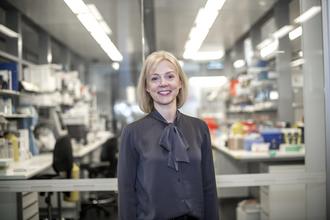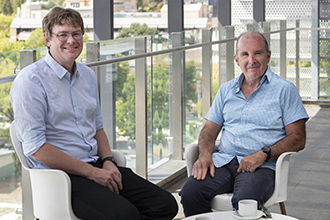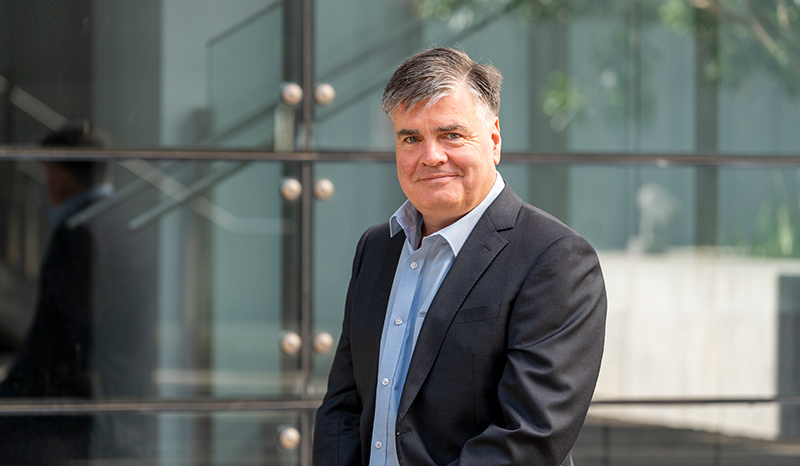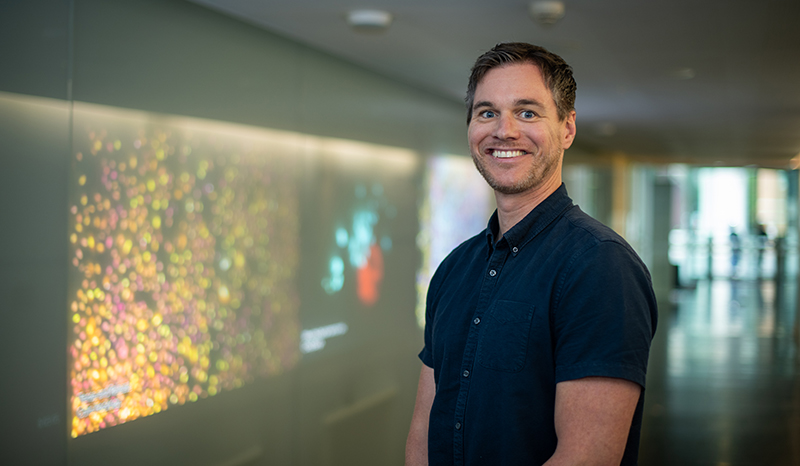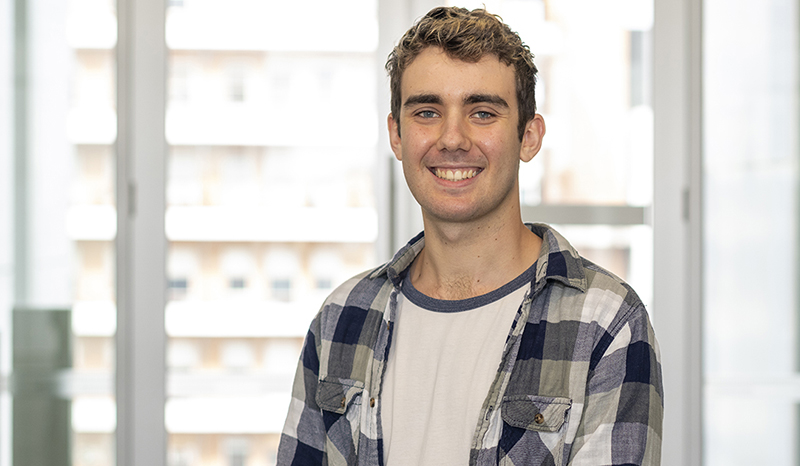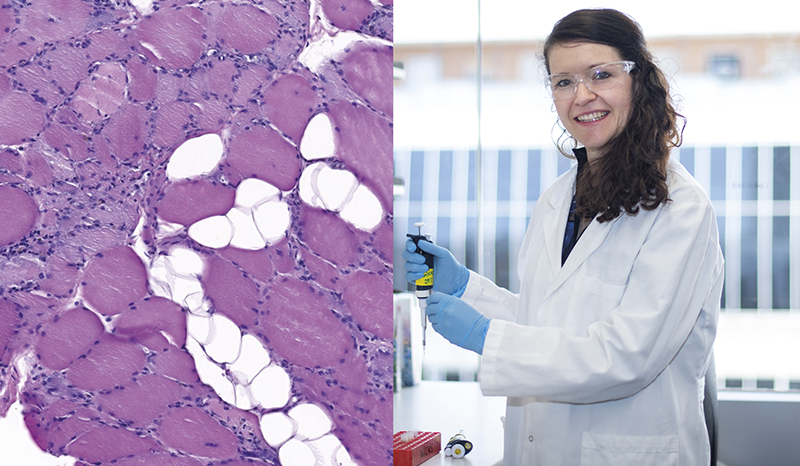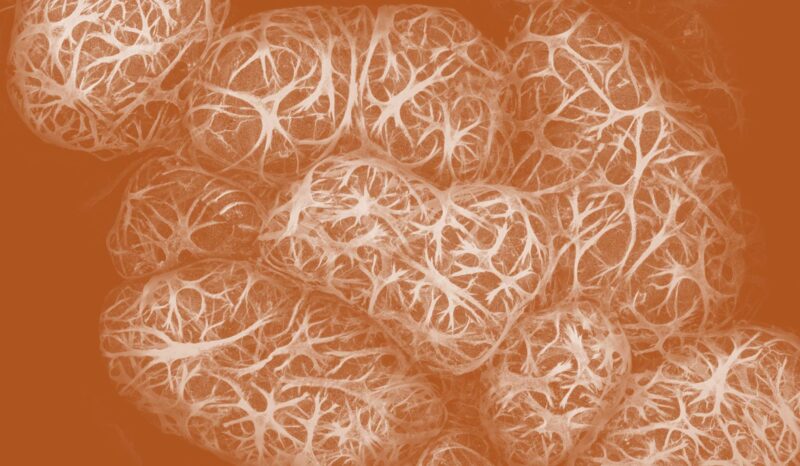Searching for a cause
The death of specific nerve cells in the brain that make a chemical called dopamine causes the progressive motor symptoms of Parkinson’s disease, including tremors, slow movement, imbalance and rigidity.
Yet it is still unclear why and how dopamine-producing nerve cells are lost. Professor David Komander, Associate Professor Dewson and their teams are tackling the question of why specific neurons die.
Professor Komander, a world leader in the structure and function of proteins, said the proteins Parkin, PINK1 and ubiquitin – if not properly controlled – had been linked to Parkinson’s disease.






